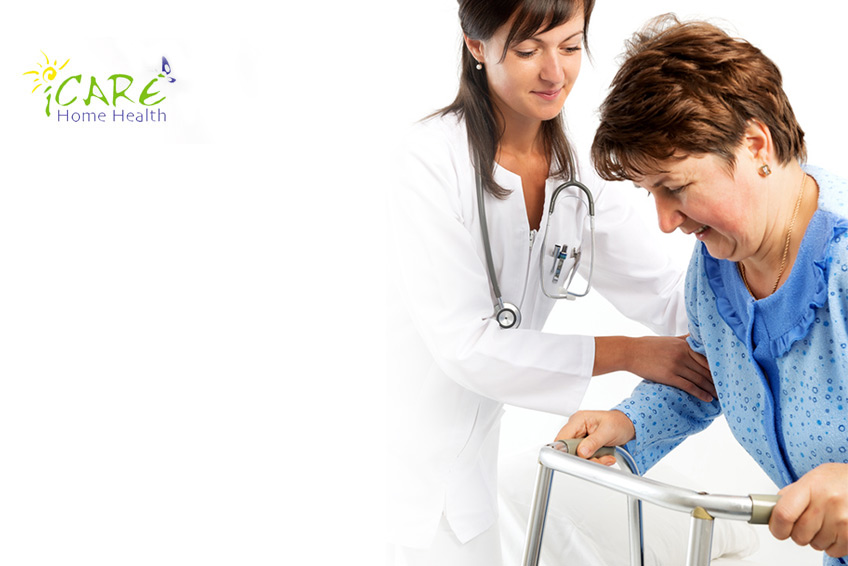Overcoming The Fear Of Falling

Imagine being afraid of getting up to walk to the kitchen or feeling trepidation of checking the mail? Just think of how it would be if you were filled with fear every time the temperature dropped below freezing? If you have a fear of falling, these are all real situations. This is the reality for 1.5 million seniors in Canada.
Falling is an everyday reality for Canadian seniors. As we age, the likelihood of falling and being injured increases every year. Our senses, agility, and dexterity falter as we get older as does our ability to absorb such impacts. Decreased vision also contributes to falls. It is a serious concern for seniors.
The number cannot be ignored. Over 30% of seniors over the age of 65 will fall at least once every year. By far, fall are the leading cause (85%) of injury-related hospitalizations for seniors. The long-term effects of falling can include constant pain, weakened bones, permanent disabilities, and the probability of falling again. One aspect of falling that is not often considered is the fear of falling.
On the surface, the fear of falling would appear to be a good thing as it leads seniors and caregivers to be more careful when considering their surroundings, but it has an unforeseen negative effect. Seniors who are afraid to fall will withdraw from life and social settings which leads them to be more socially isolated and cut-off from family and friends. They also significantly reduce their physical activity which can actually increase the chances of falling as their strength and balance would have decreased even more due to the inactivity.
Physical activity and changes to the environment can help to decrease falling and alleviate the fear of falling in seniors. While we cannot turn the clock back, seniors can help improve their situation by increasing their physical activity. Encourage your loved one to exercise more. It doesn’t have to be intense; even walking for a half hour everyday can help. Speak to them and let them pick their own physical activity. Exercise will lessen the chances of a fall and enhance the body’s ability to absorb the impact.
Next, go through your elderly loved one’s home and identify falling hazards or contact iCare Home Health for a free at home Safety Assessment.
Hallways, Walk-Throughs, Stairs
These high-traffic areas should be kept completely cleared of any obstructions. If it has become a habit to use them as temporary storage spaces, break it. Even the smallest item can cause a fall. Make sure that stairs and hallways are well lit.
Living Area and Bedrooms
Again, clearing the floor of any unneeded obstructions will lower the chances of falling. This includes any wires or electronic devices. If something need to be on the floor, keep it as close to the walls as possible.
Kitchens and Bathrooms
Water is always a risk in these areas. Even a small amount of water on the floor makes a slippery surface. Do your best to clean up water as soon as it spills. Though expensive, installing bars in the bathtub/shower area will offer an extra level of support for seniors. As well, install slip-free surfaces in the shower.
Outdoors
It will be harder to control the outdoor environment, but remember to regularly salt and shovel snow from the walkway and driveway in the winter.
Don’t forget to use non-slip wax for the floor and encourage your loved one to wear shoes that won’t cause them to slip.
If you are still worried about an elderly relative slipping, it may be time to consider a home healthcare worker. iCare Home Healthcare Services provides live-in elder care in Oakville, Mississauga, and the Greater Toronto Area. Our Nurse At Home package will provide a caregiver in the home. Our caregivers can help ensure the safety of your loved one in their own home. Contact us today to find out more.
Sources:

